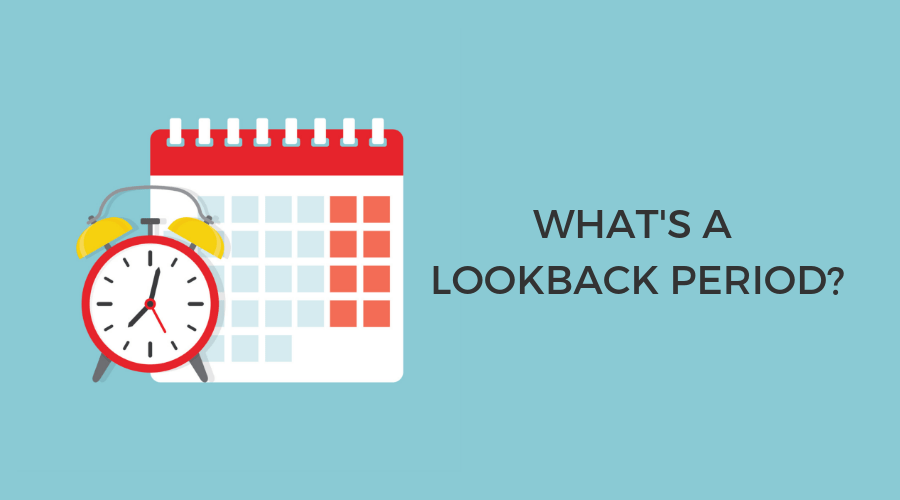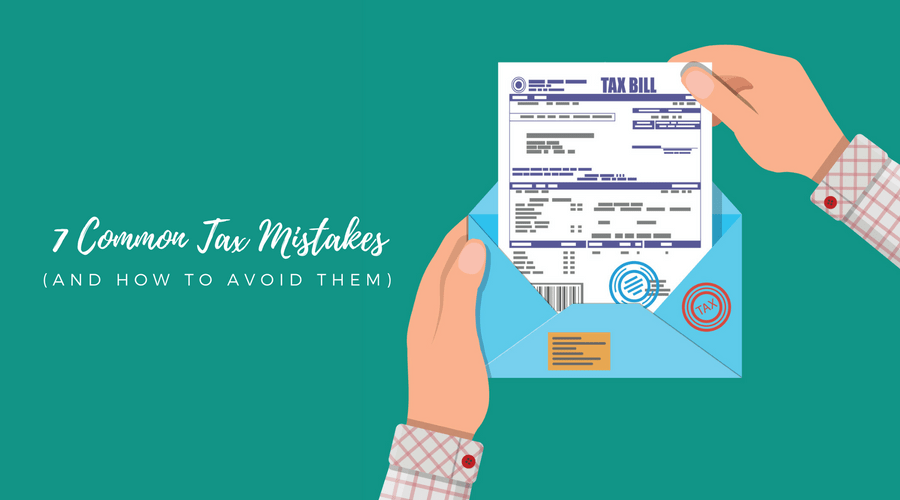What’s a Lookback Period?

This article was last edited on 12/26/2019. For updated information on payroll taxes, visit https://www.irs.gov/forms-pubs/about-publication-15.
A lookback period is the timeframe used to calculate an employer’s total payroll tax liability. The IRS then uses that info to determine your deposit schedule, which is how often you’ll remit
- employee and employer portions of Social Security
- employee and employer portions of Medicare
- federal income tax withheld from your team’s paychecks
The lookback period runs from July 1 to June 30 of the previous year. For example, the lookback period for 2020 is
- Quarter 3: July 1, 2018 to September 30, 2018
- Quarter 4: October 1, 2018 to December 31, 2018
- Quarter 1: January 1, 2019 to March 31, 2019
- Quarter 2: April 1, 2019 to June 30, 2019
When do you need to remit payroll taxes?
To help you figure out your payroll tax deposit schedule, review Form 941 for each quarter in the lookback period. You’ll want to look at your total taxes after adjustments on Line 12. Then, add all four amounts together to determine your total tax liability for the lookback period. From there, you can typically determine your deposit schedule.
- Annually – If your total tax liability is less than $1,000, you’ll typically be an annual depositor. You’ll also probably file Form 944 each year, instead of Form 941 each quarter. For annual depositors, your lookback period will be the second prior calendar year – 2018 for tax year 2020.
- Quarterly – If your tax liability for the current or previous quarter was less than $2,500, you’ll likely remit your tax payments when you file Form 941 at the end of each quarter.
- Monthly – If your total tax liability for the lookback period was less than $50,000, you’ll probably need to remit payments by the 15th day of the following month. For example, October taxes are due by November 15.
- Semi-weekly – If your total liability for the lookback period was more than $50,000, you’ll deposit your taxes based on your payday. If your payday is on
- Saturday, Sunday, Monday, or Tuesday, remit payment by the following Wednesday
- Wednesday, Thursday, or Friday, deposit payroll taxes by the following Friday
- Next day – If your tax liability is $100,000 or more during a single payroll run, you must remit taxes by the next business day.
Read also: Tax Due Dates


